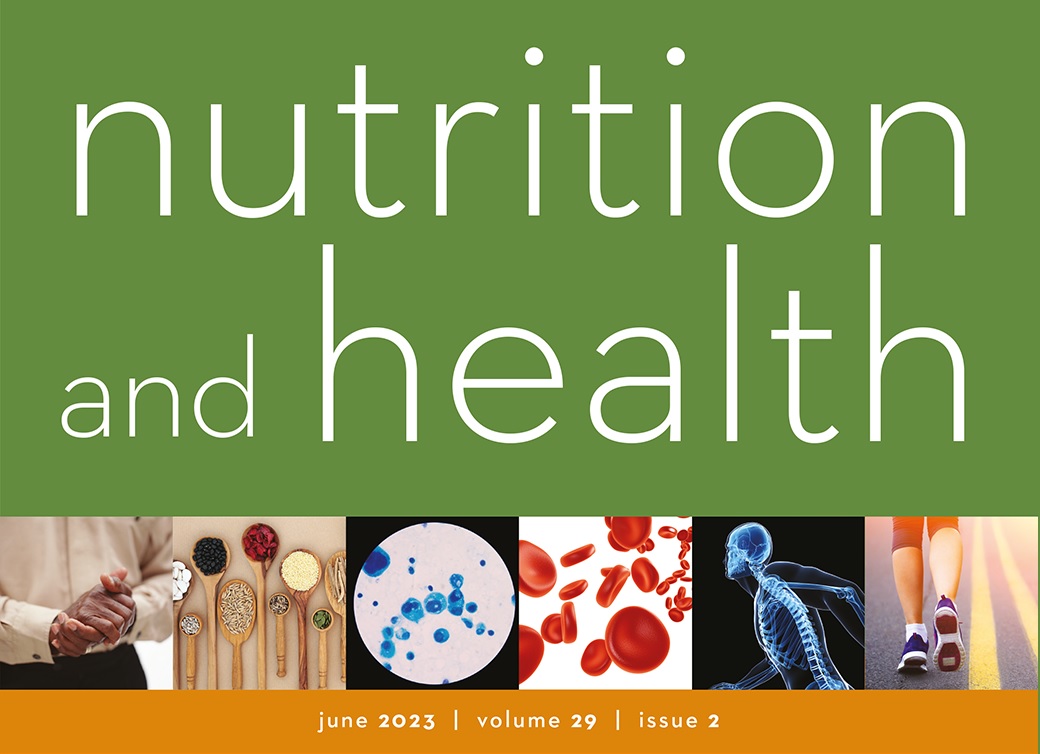Abstract
Background: One of the side effects of doing sports activities is the increase of free radicals and oxidative stress. Aim: The present study aimed to investigate the effect of 8 weeks of increasing endurance training with L-arginine supplementation on oxidative indices in the cardiac organ of male Wistar rats. Methods: 32 male Wistar rats were divided into four groups control, L-arginine, endurance training, and L-arginine plus endurance training. Animals in the endurance training groups completed increasing endurance training on a motorized treadmill (60-min/session, 5 times/week) for 8 weeks. Animals in the L-arginine groups consumed an L-arginine solution daily (4 mg/kg/body weight). In the supplement group, L-arginine was given to the mice as a solution in water and as a gavage. Forty- eight hours after the last endurance training session, a heart tissue sample was taken and placed in an RNAlater liquid. Spectrophotometry and an ELISA kit were used to calculate the concentrations of glutathione peroxidase (GPX), malondialdehyde (MDA), and superoxide dismutase (SOD). Results: The present study showed that endurance training and L-arginine consumption did not affect SOD activity. L-arginine intake increased GPX. Endurance training caused a significant increase in MDA compared to the supplemented group (p = 0.01). Also, the consumption of L-arginine significantly increased the total antioxidant capacity TAC in the supplement group compared to the control group (p = 0.001). Conclusion: It seems that taking an L-arginine supplement can increase antioxidant enzymes.

